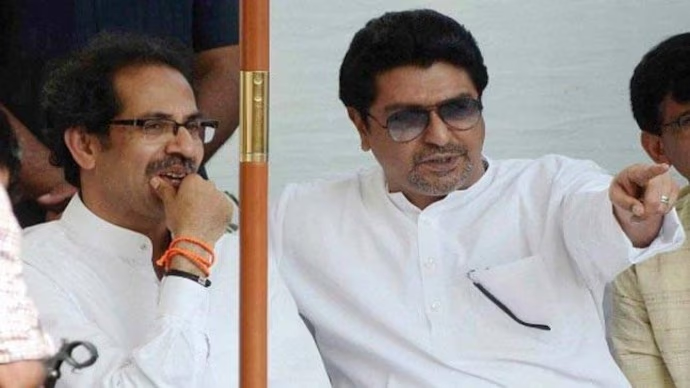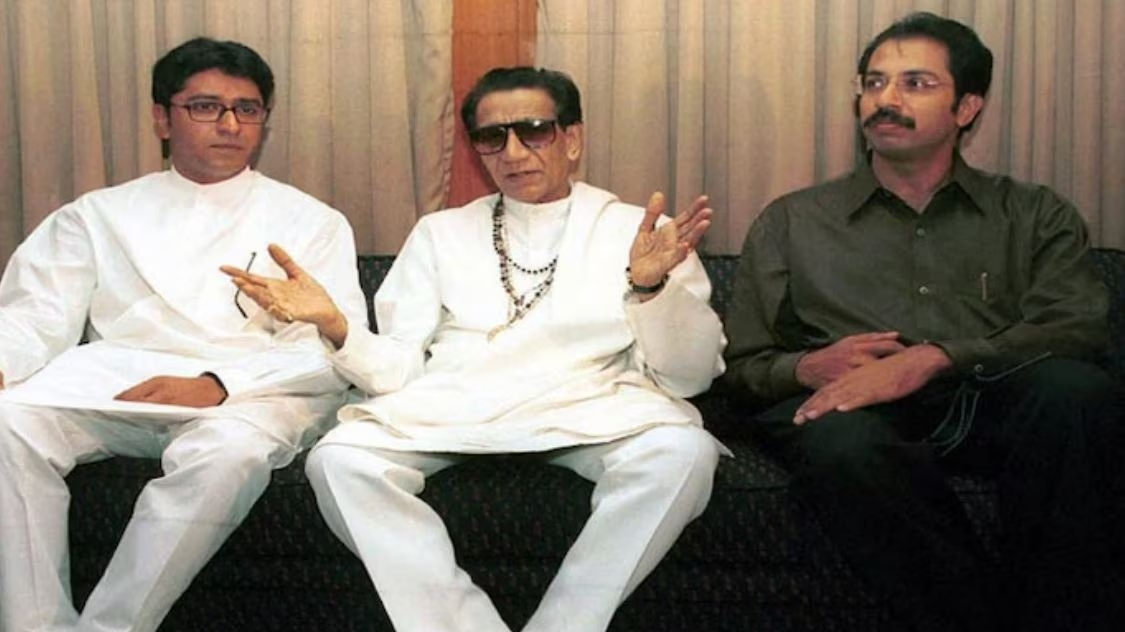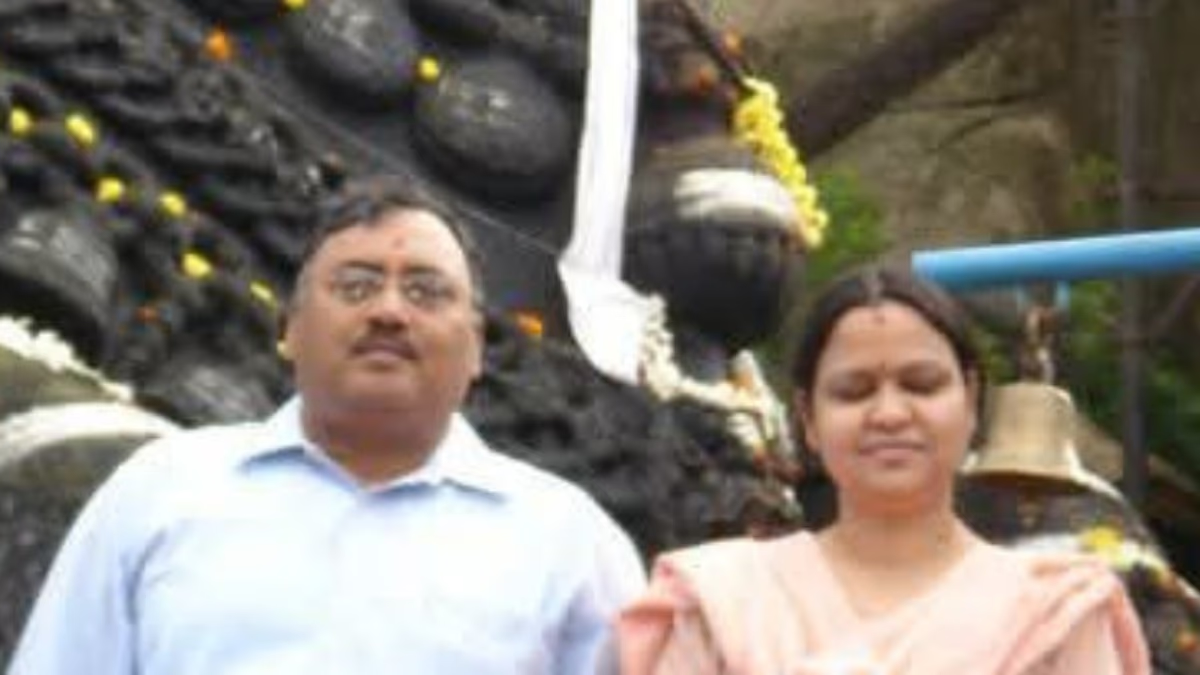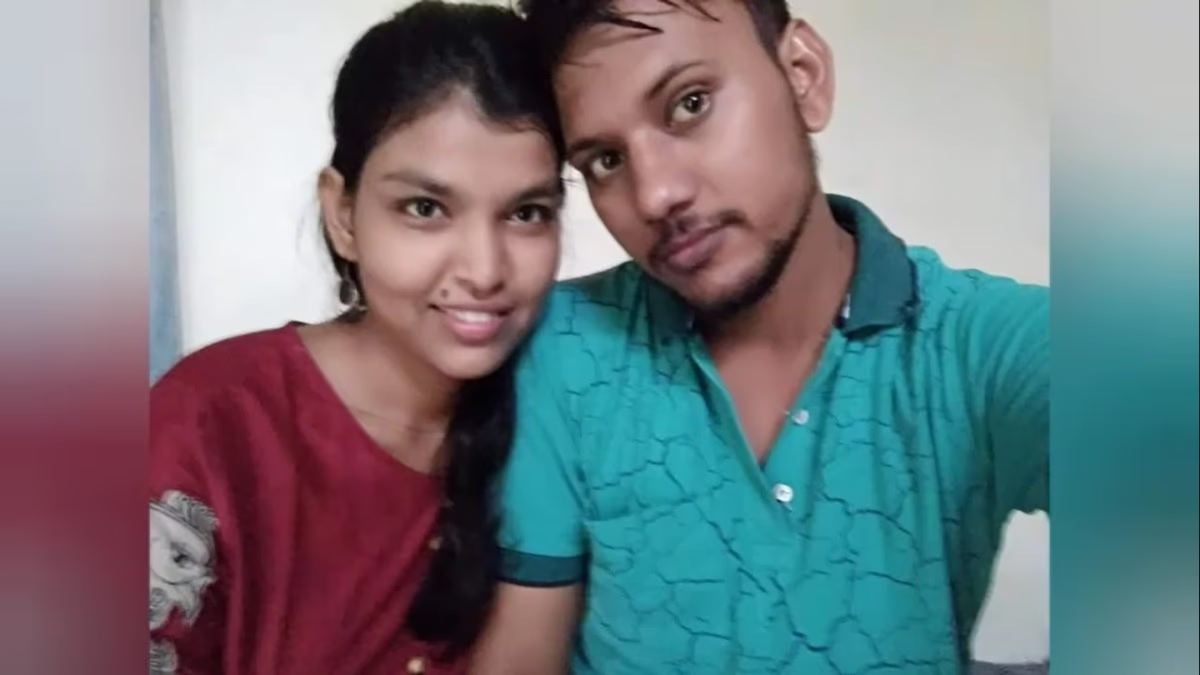In Maharashtra's political landscape, there is speculation about the potential reunification of Raj and Uddhav Thackeray after two decades of separation. Initially, MNS Chief Raj Thackeray expressed a desire to move beyond past grievances, which was reciprocated by Shiv Sena (UBT) leader Uddhav Thackeray citing the greater good of Maharashtra. In 2005, Raj Thackeray chose to leave Shiv Sena, and by 2006, he established his own political party, Maharashtra Navnirman Sena (MNS).
'Demanded Respect, Got Insulted'
Date - 18th December 2005, Place - Shivaji Park Gymkhana. Raj Thackeray organized a press conference here, where he announced his departure from Shiv Sena. During this event, Raj Thackeray articulated that while he sought respect, he received only insult and disrespect. He was seen as the political heir to Shiv Sena's founder Balasaheb Thackeray, due to his active role and leadership image akin to his uncle Balasaheb’s dynamic persona.
Read More:
The decision for Raj Thackeray to separate from Shiv Sena wasn't sudden; it stemmed from growing rifts and authority struggles with Uddhav, beginning back in 1995. Although Raj was close to Bal Thackeray, sharing his assertive style and oratory skills, Uddhav’s position in the party gradually strengthened over time. Raj Thackeray, despite his significant contributions, felt sidelined.
Uddhav’s Ascension in the Party
From 1995, Uddhav became more involved in party affairs, assisting Bal Thackeray with crucial decisions. During the 1997 BMC elections, despite Raj's discontent, most tickets were distributed under Uddhav’s influence. The successful election results further solidified Uddhav's influence, marginalizing Raj’s role, which deepened their competitive and ideological divide.
In 2003, Raj Thackeray himself proposed Uddhav Thackeray as the working president in Mahabaleshwar—a decision that surprised many. The proposal was accepted by all as Uddhav rose to become the working president of Shiv Sena. Ultimately, Raj left to form MNS in 2006, but despite years of effort, the party's impact remained confined to Mumbai-Nashik with little statewide traction.

Source: aajtak
Challenges for Raj and Uddhav
In its maiden assembly election in 2009, MNS clinched 13 seats capitalizing on the 'Marathi Manoos' theme but dwindled to just one seat in both 2014 and 2019 elections. The latest assembly elections saw MNS not winning any seats, reflecting its ongoing political struggles and Raj Thackeray’s battle for political survival.
Read More:
Conversely, Uddhav Thackeray faced major setbacks with a rebellion led by Eknath Shinde toppling his government and causing a rift within Shiv Sena. He even lost the party's name and election symbol. Nonetheless, he emerged resilient, leading his new party Shiv Sena (UBT) to secure nine seats in the last Lok Sabha elections, reviving hopes of better performance in forthcoming state polls despite a disappointing assembly race. Shiv Sena (UBT) contested 92 seats but managed to win only 20, whereas Shinde's faction won 57 seats.
Potential Reconciliation Hints
Although Raj and Uddhav Thackeray may appear together at family events, they have yet to share a political stage. After Bal Thackeray's death in 2012, Uddhav hinted at reconciliation with Raj, which ultimately didn't materialize. Similarly, in 2019, when Uddhav's son Aaditya contested his maiden legislative election in Worli, Raj abstained from fielding a candidate against him, marking the first electoral victory for a Thackeray family member. However, Uddhav did not reciprocate this gesture for Raj Thackeray’s son, Amit Thackeray, and fielded someone against him in the 2024 Mahim elections.
Currently, Maharashtra's political scene witnesses upheaval with the Thackeray family facing challenges. The BJP, NCP, and Eknath Shinde's Shiv Sena have collectively held power in the state. The party founded by Uddhav’s father has now split into two factions. Raj Thackeray's party remains unable to secure a strong base in Maharashtra even after 18 years. Meanwhile, discussions of Raj and Uddhav possibly setting aside their differences to reunite inject fresh intrigue into the state's political discourse.




